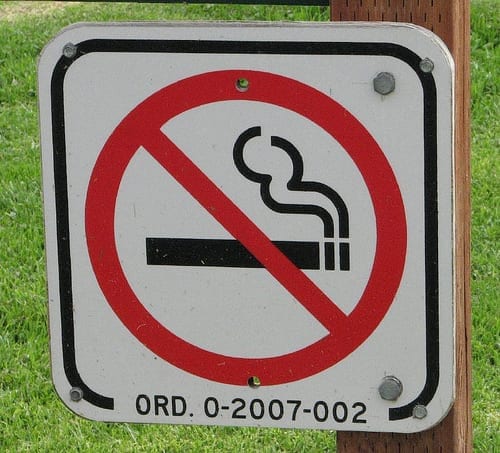 Dry socket is a painful condition that can occur after wisdom teeth removal. When a tooth is removed, a hole (known as a socket) is left in the bone. As part of the natural healing process, a blood clot forms in the socket to stop bleeding from the extraction site. Sometimes the blood clot can become dislodged or dissolve, leaving the underlying bone and nerves exposed. This is very painful and can even lead to infection.
Dry socket is a painful condition that can occur after wisdom teeth removal. When a tooth is removed, a hole (known as a socket) is left in the bone. As part of the natural healing process, a blood clot forms in the socket to stop bleeding from the extraction site. Sometimes the blood clot can become dislodged or dissolve, leaving the underlying bone and nerves exposed. This is very painful and can even lead to infection.
Dry Socket After Wisdom Teeth Removal
Dry socket affects approximately 2-5% of patients after wisdom teeth removal. There are a few risk factors that can make you more likely to develop dry socket than the average patient. Here are a few ways in which you can change your behavior to reduce your chance of developing dry socket after wisdom teeth removal.
- Don’t smoke! Smokers are at much greater risk of developing dry socket than non-smokers. Avoid smoking for at least a couple of days – preferably a week – after you have your wisdom teeth removed. Avoiding smoking for as long as possible will reduce your risk of dry socket by allowing the extraction site to heal without being irritated by the harsh chemicals in cigarette smoke.
- Keep it clean! One of the most important factors influencing the likelihood of dry socket is oral hygiene. Follow your oral surgeon’s advice to keep the extraction site clean. This advice will probably include rinsing gently every day with salt water or a mouthwash recommended by Drs. Emery and Ryan. The extraction site will probably be too sore to clean with a toothbrush, so sticking with the rinsing schedule recommended by your oral surgeon is the best way to keep it clean.
- Don’t overdo it. Although keeping clean is important, rinsing too frequently can irritate the extraction site and lead to dry socket. Resist the temptation to rinse more often than you have been instructed to do so.
- Avoid straws and spitting. Drinking through a straw or spitting can dislodge the blood clot and lead to dry socket. Try to avoid these activities for a few days after the surgery.
- Schedule surgery around your birth control pills. The female hormone estrogen, which is a major ingredient of most birth control pills, can increase the risk of dry socket. If you can, try to schedule your wisdom teeth surgery during the placebo week of your birth control cycle (days 22-28) as your estrogen levels will be lowest during this period.
If you carefully follow the instructions provided by Dr. Emery and Dr. Ryan, your chance of developing dry socket after wisdom teeth extraction will be minimized. If you do experience symptoms of dry socket – intense pain or visible bone in the socket – then contact us right away for advice. If the socket becomes infected, you will need antibiotics to fight the infection.
Remember that dry socket affects only a small percentage of people who have their wisdom teeth removed, and it is a condition that can usually be easily treated. On the other hand, the benefits of having your wisdom teeth extracted can last a lifetime.
To schedule a wisdom teeth removal consultation, contact our office at (202) 386-7100.